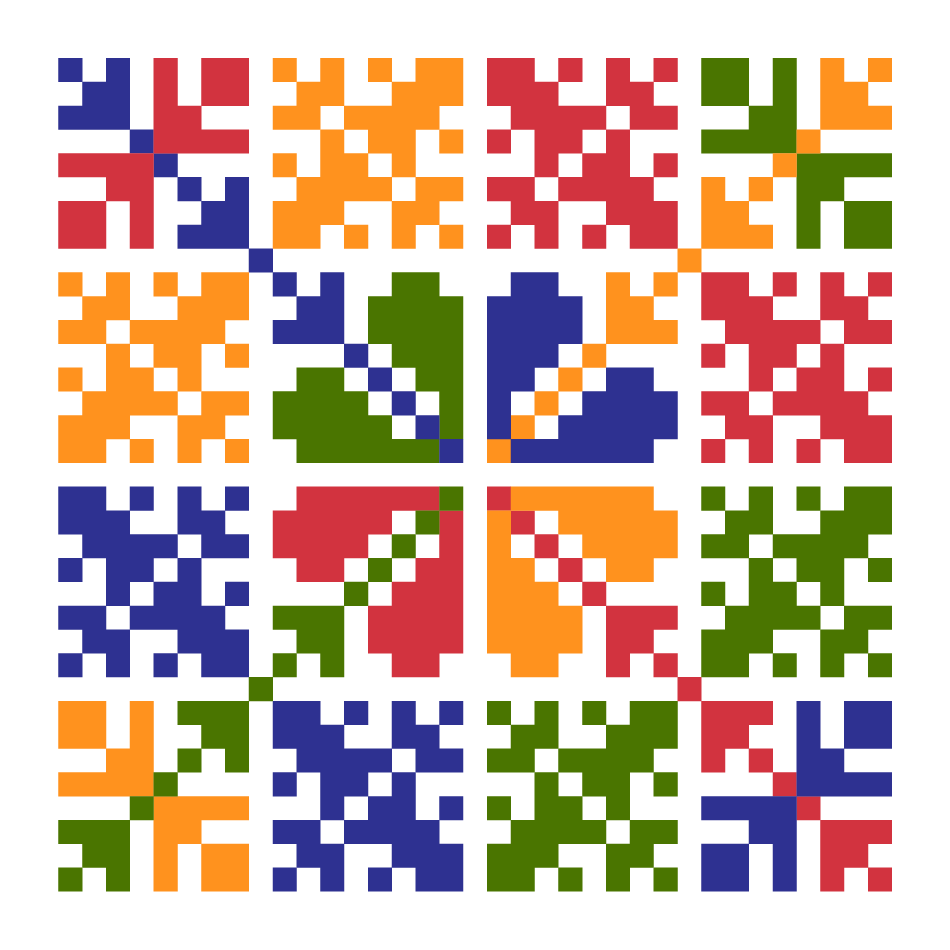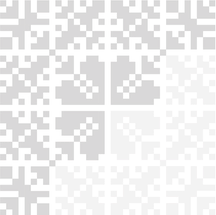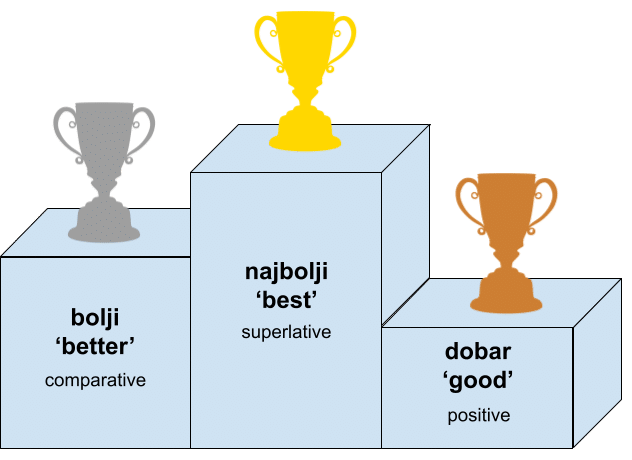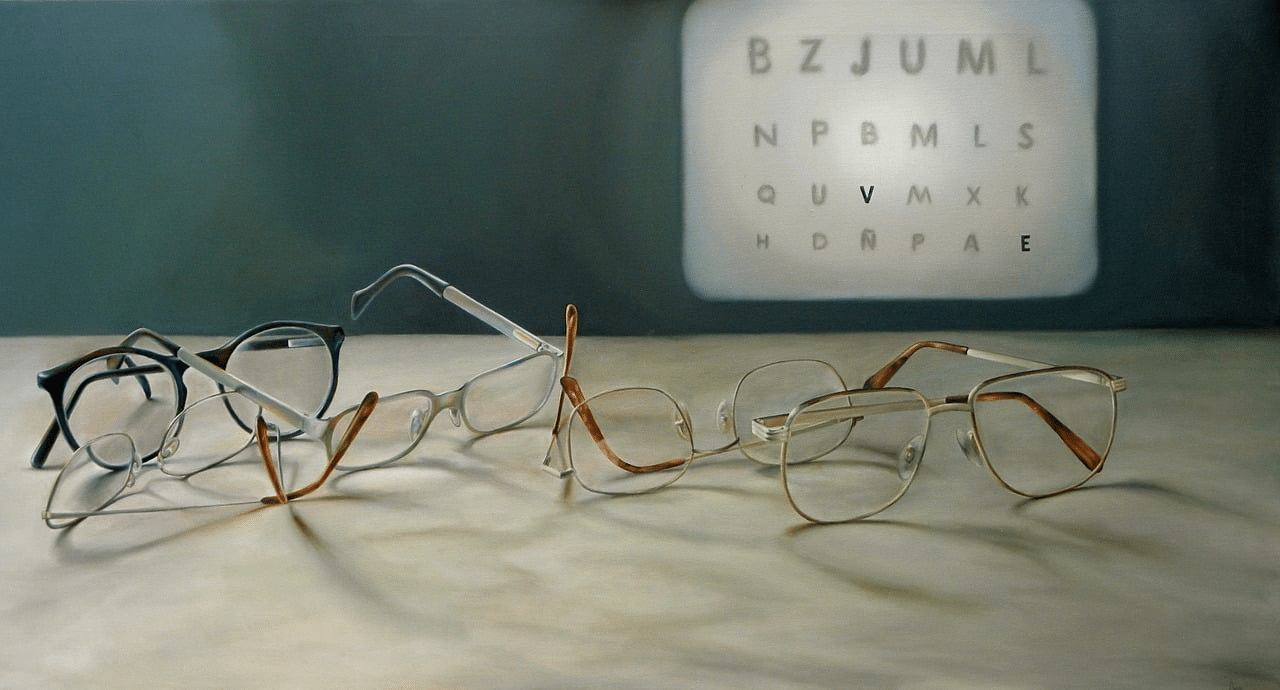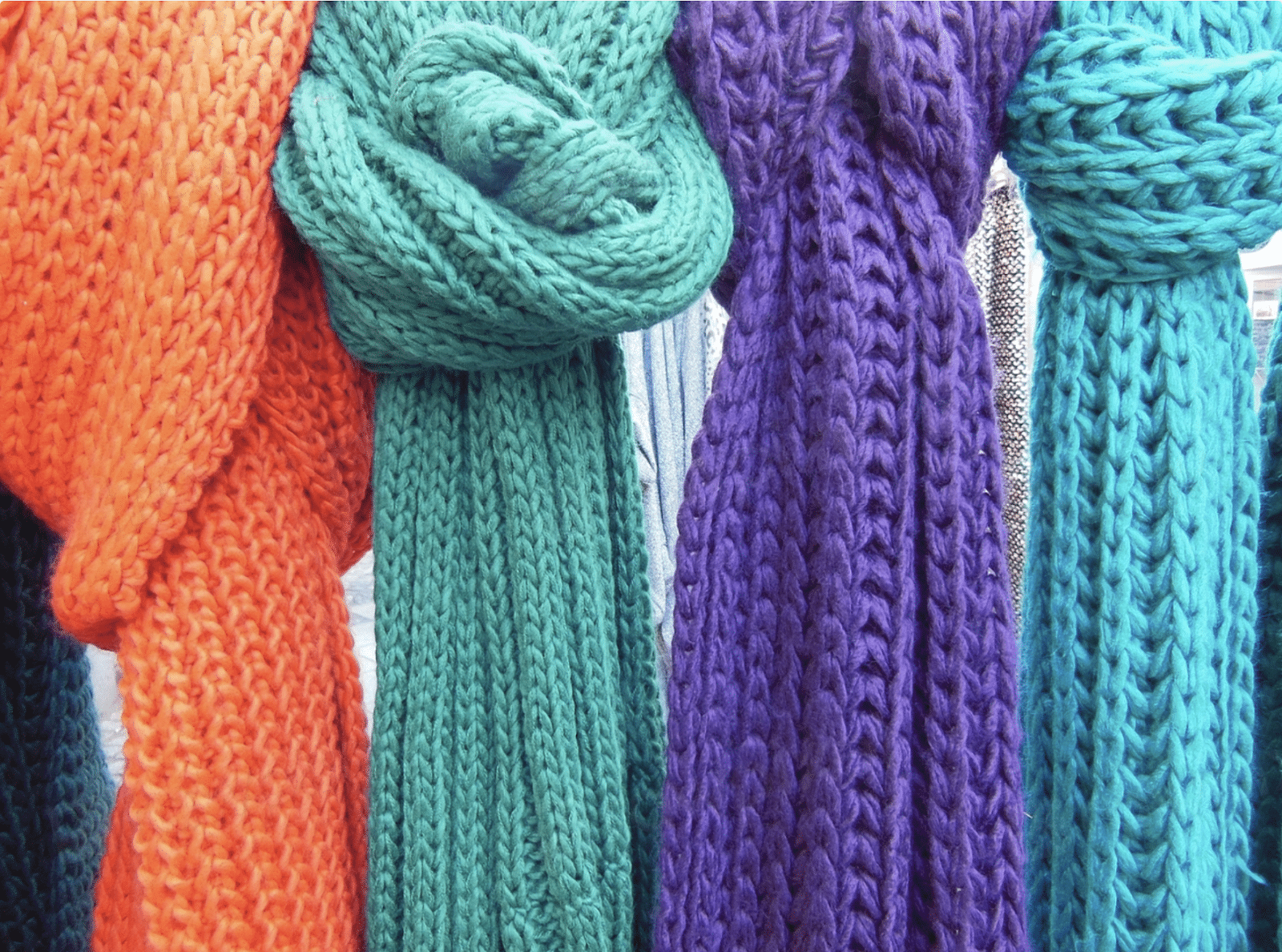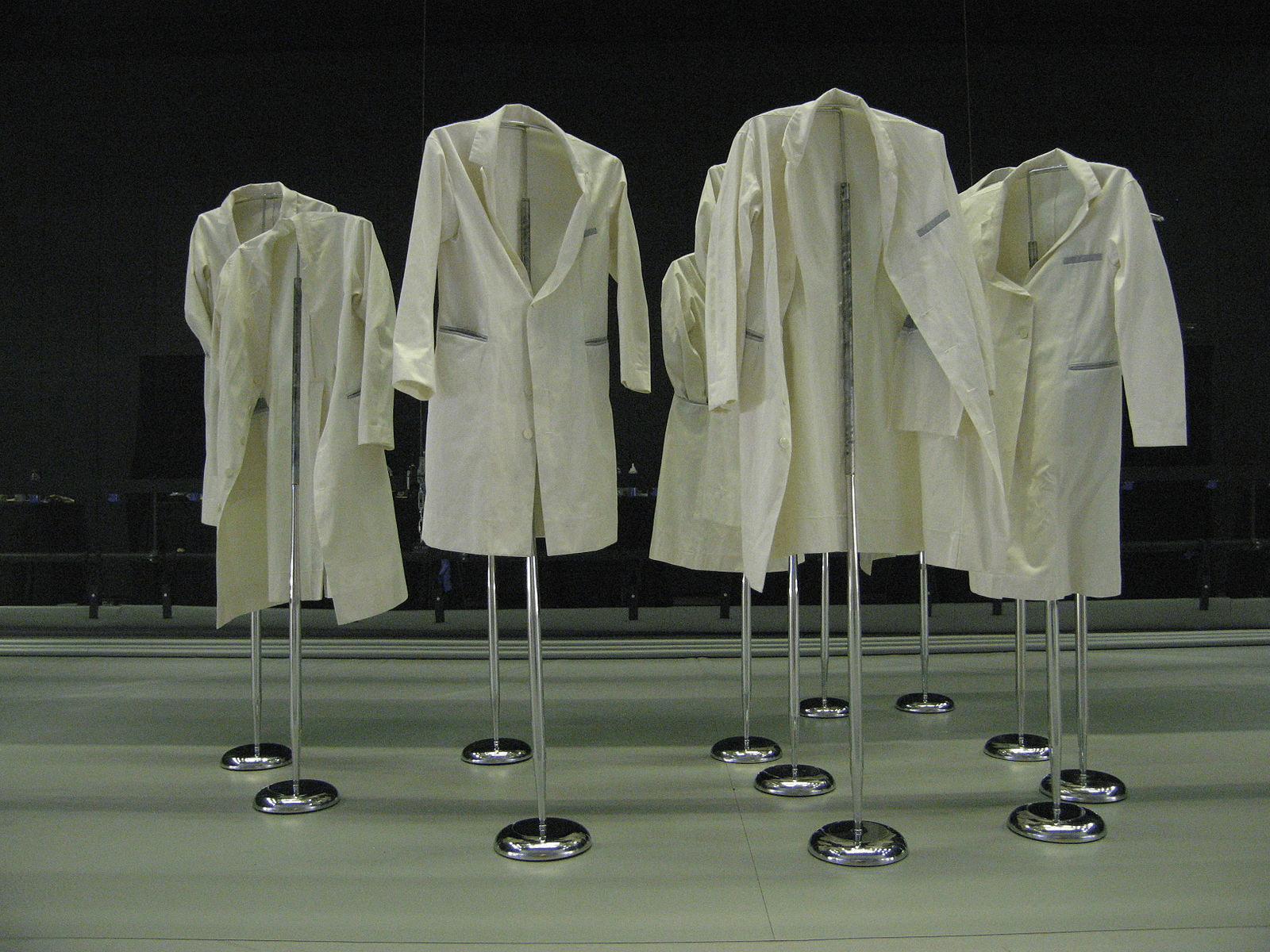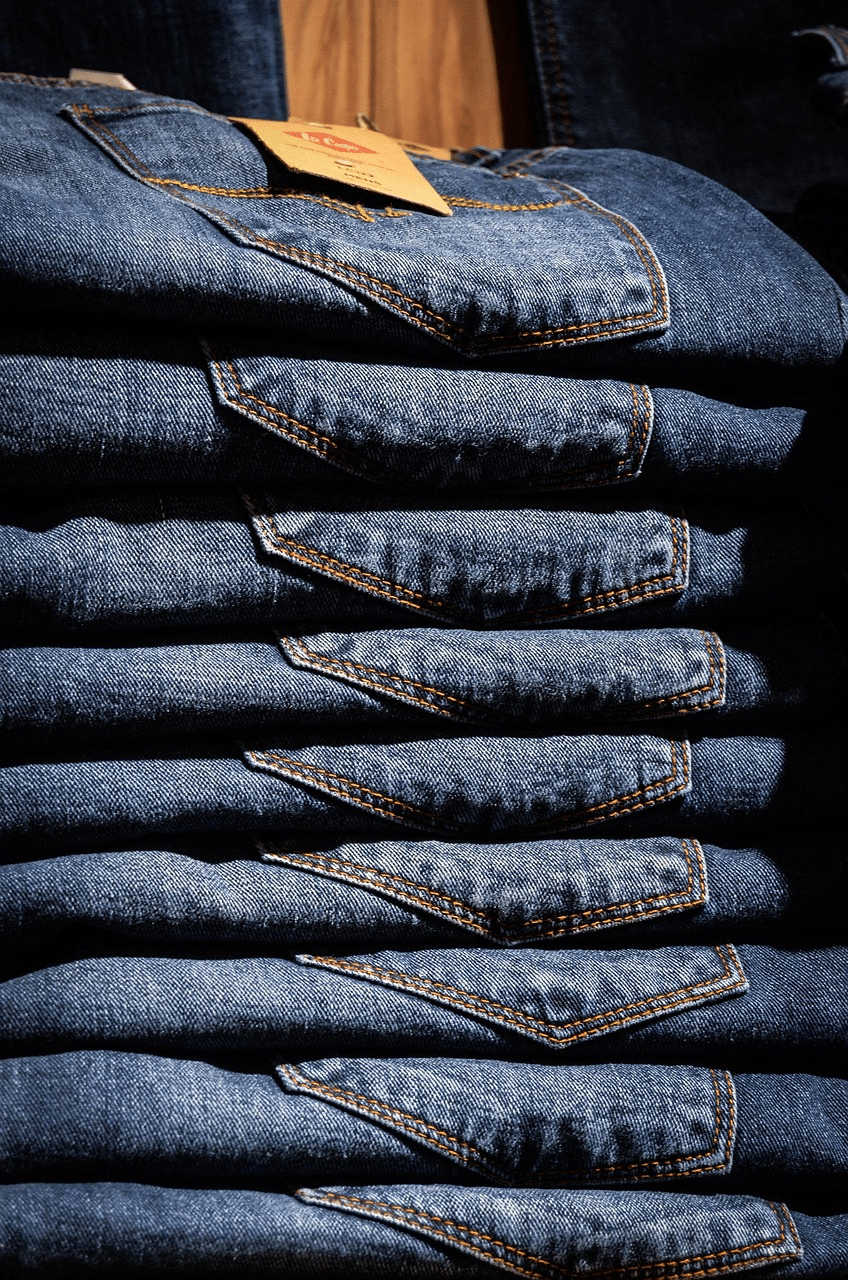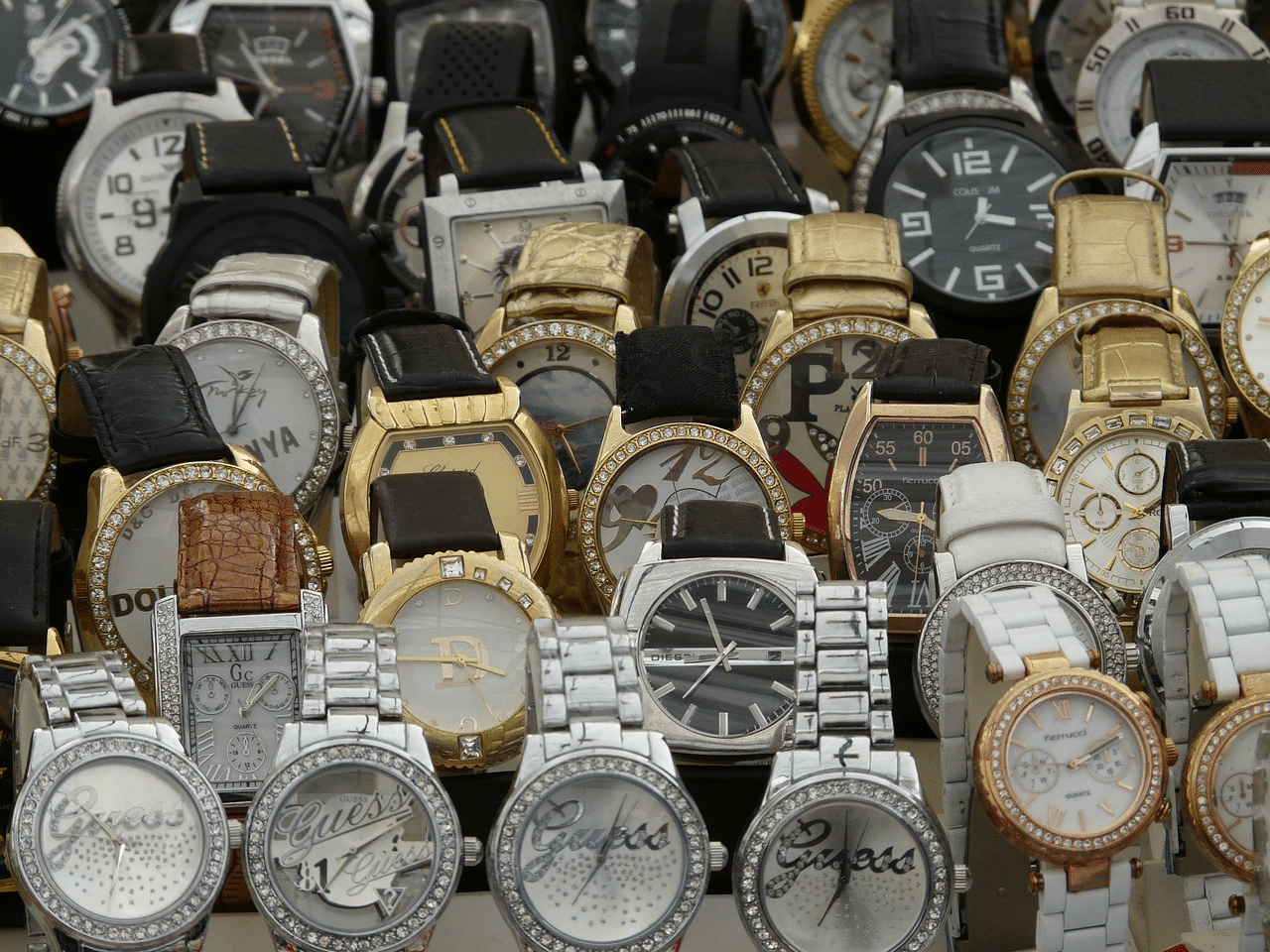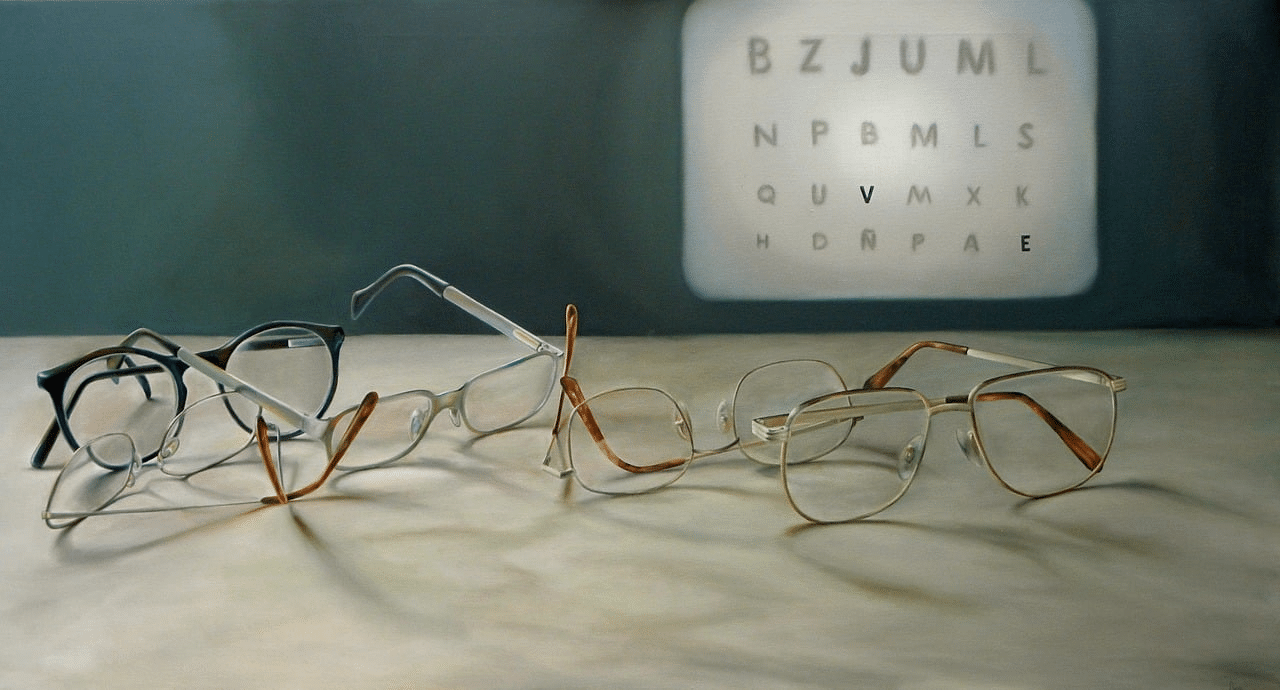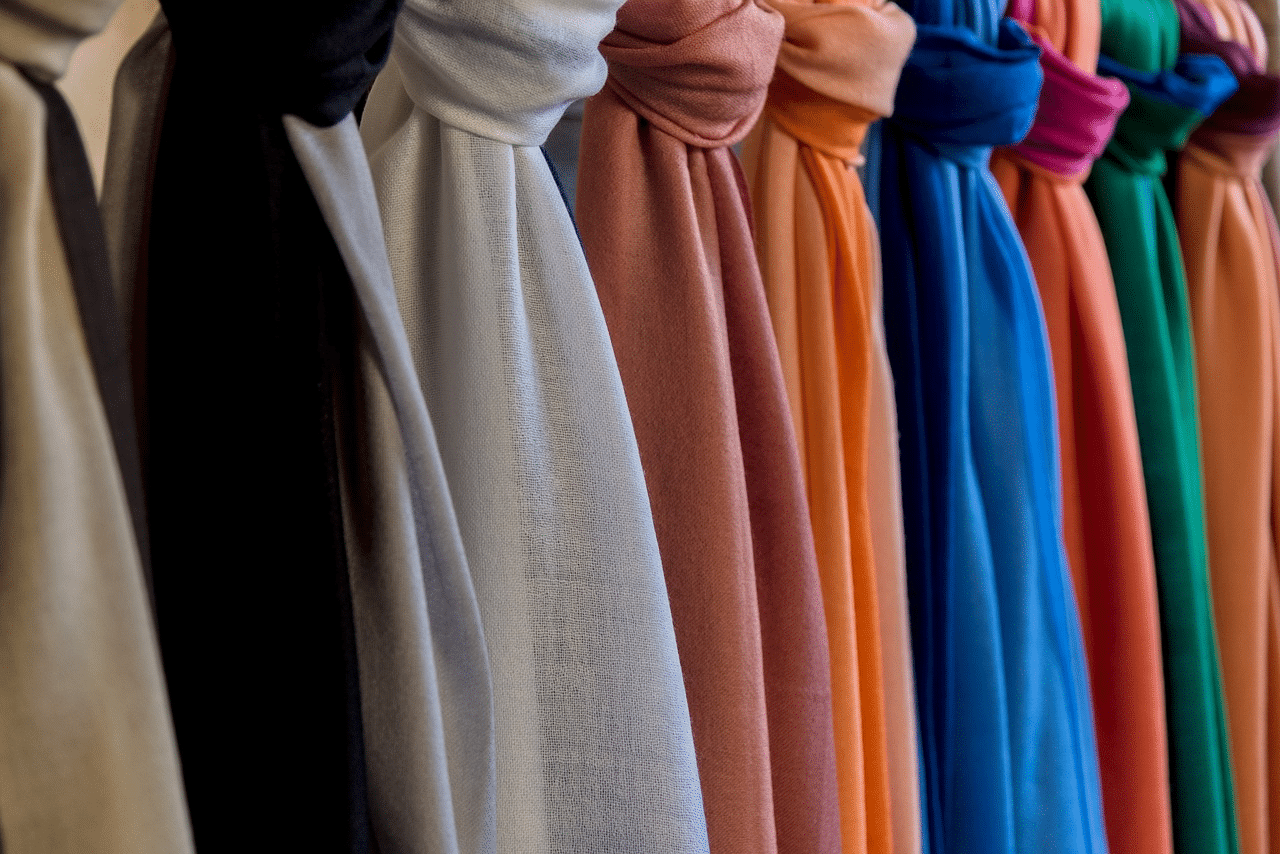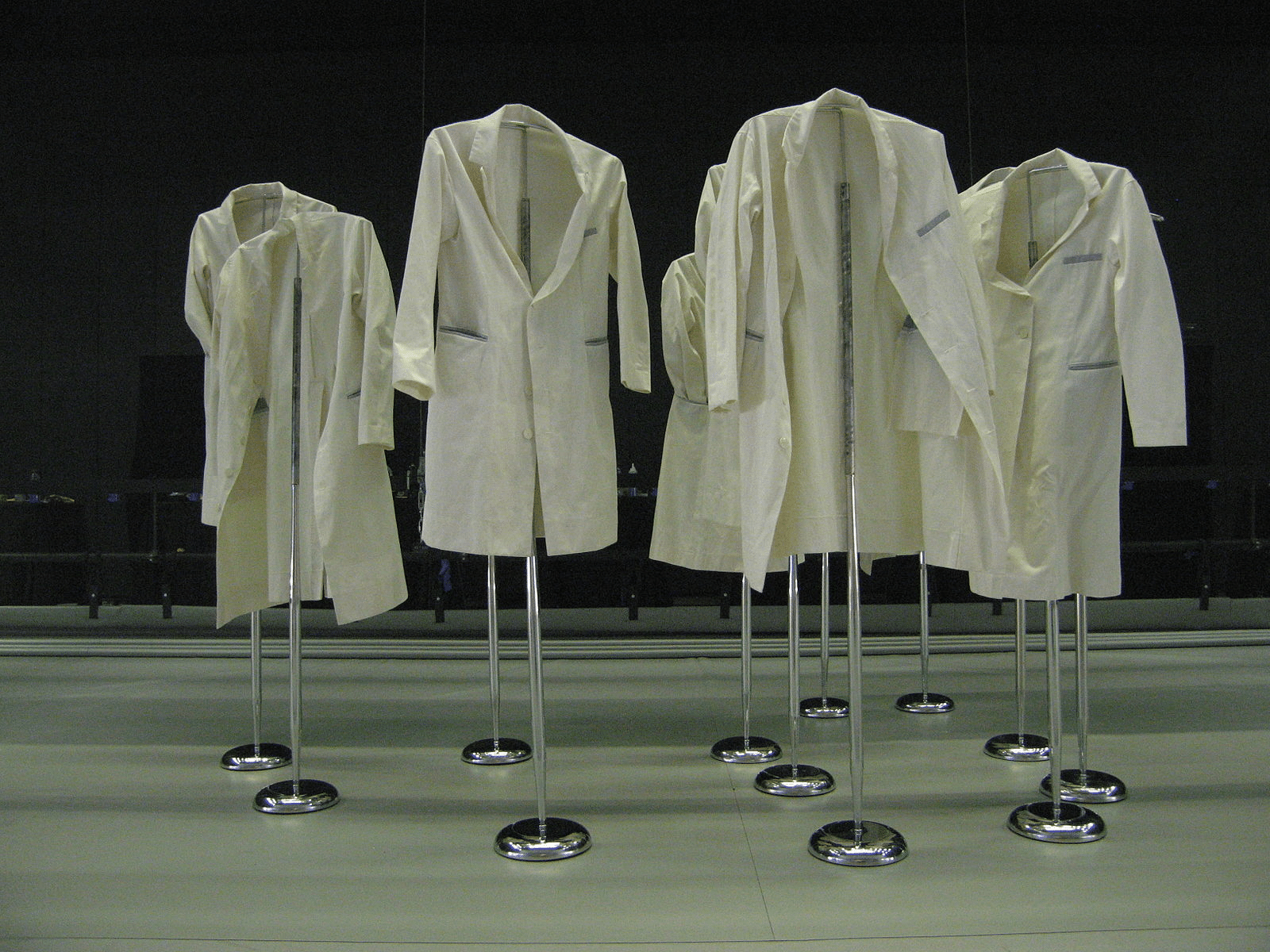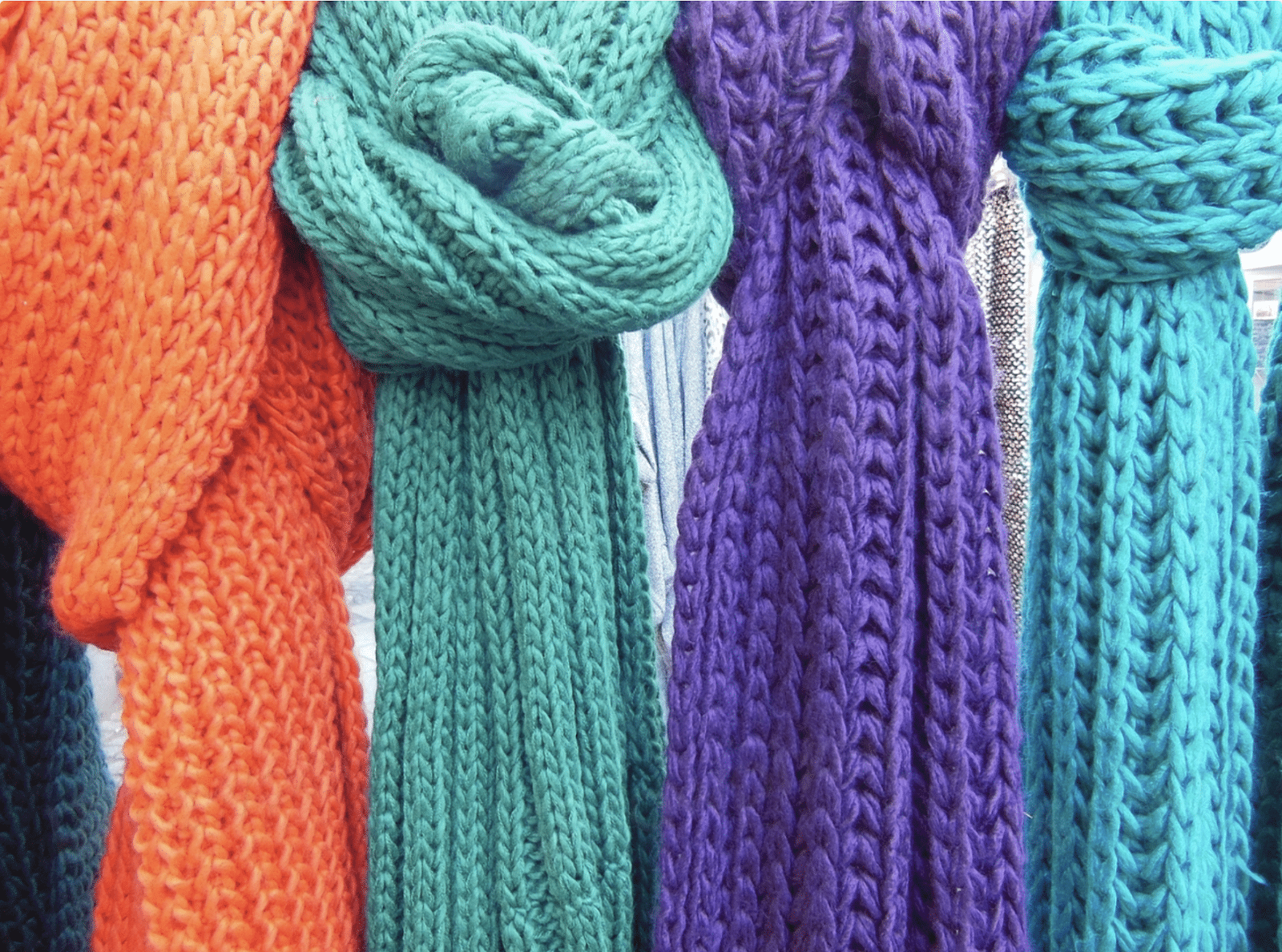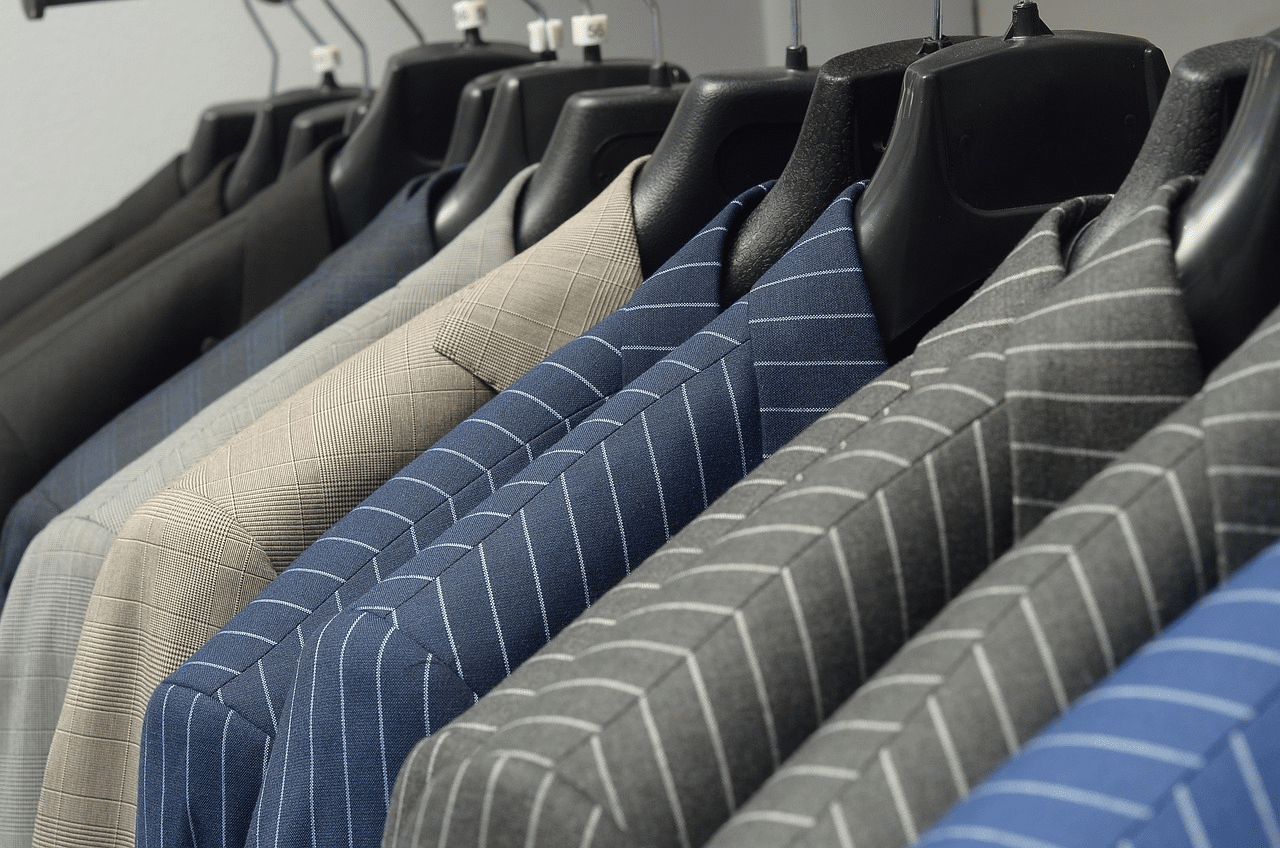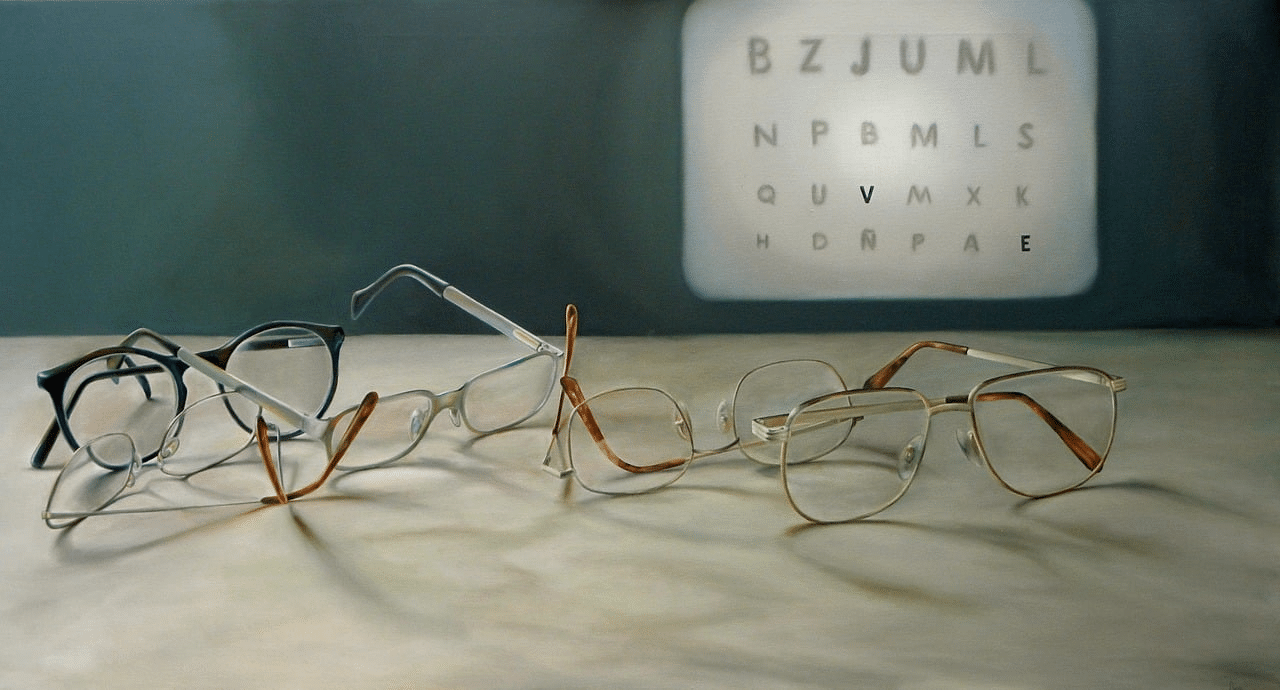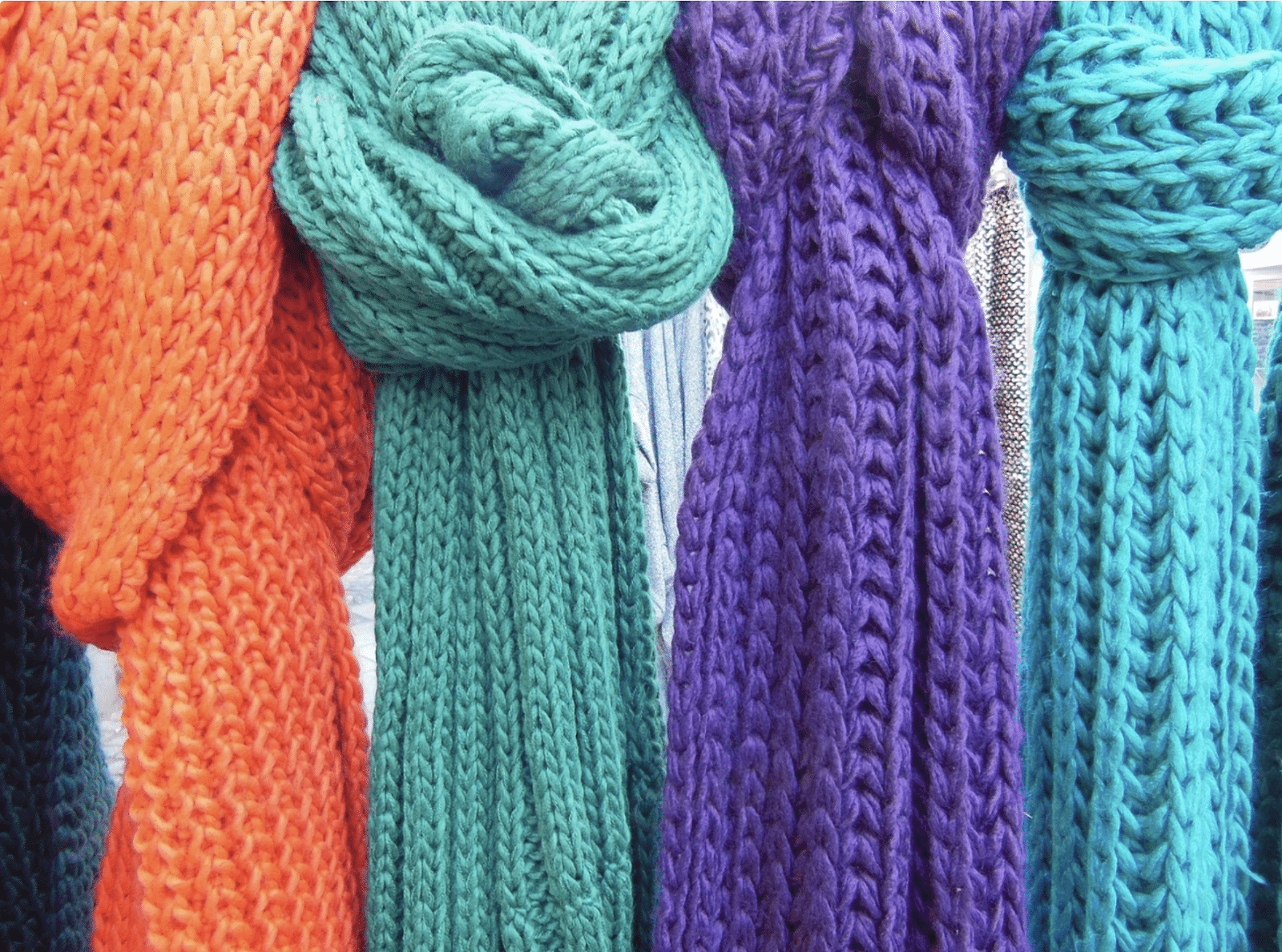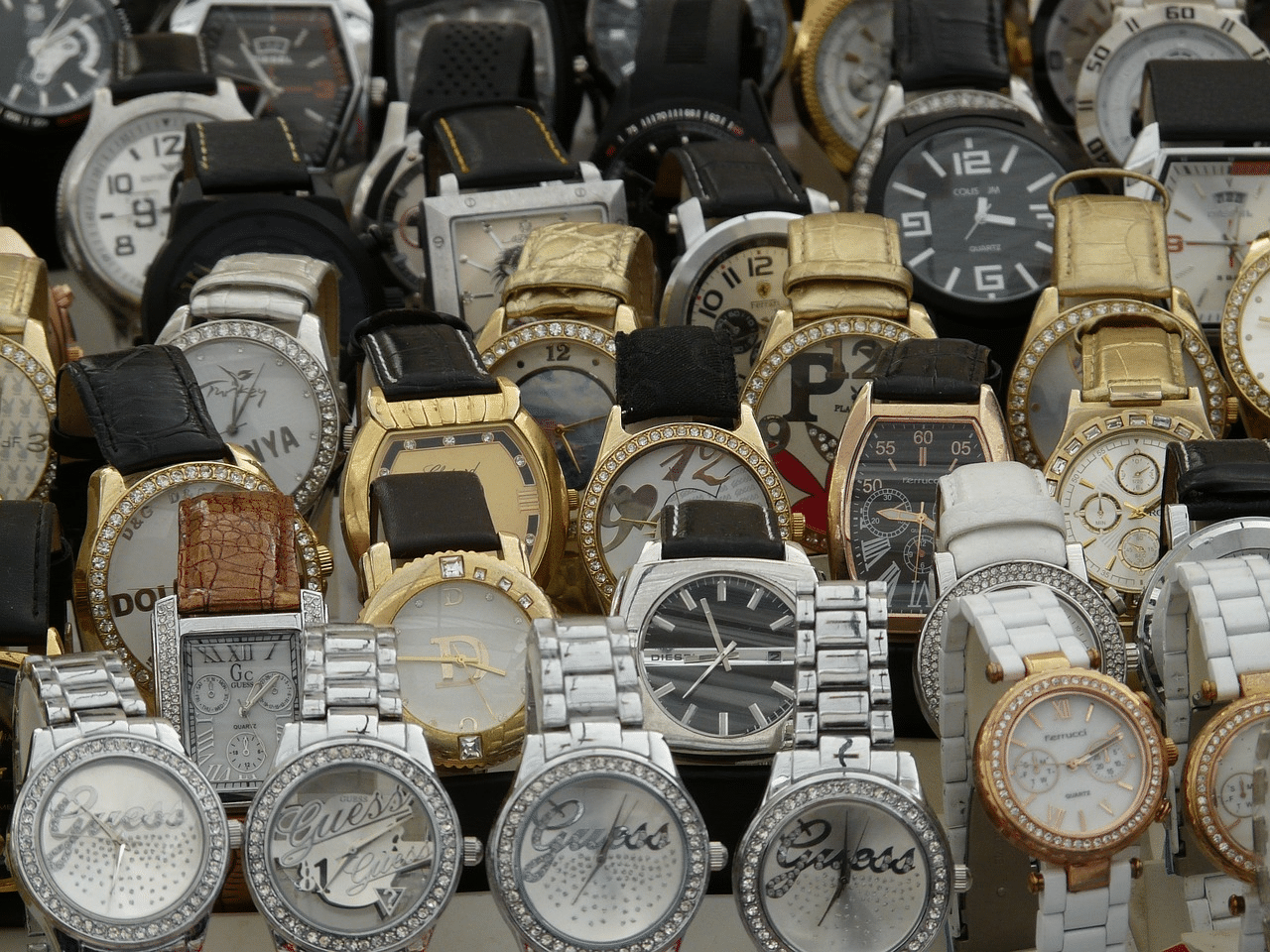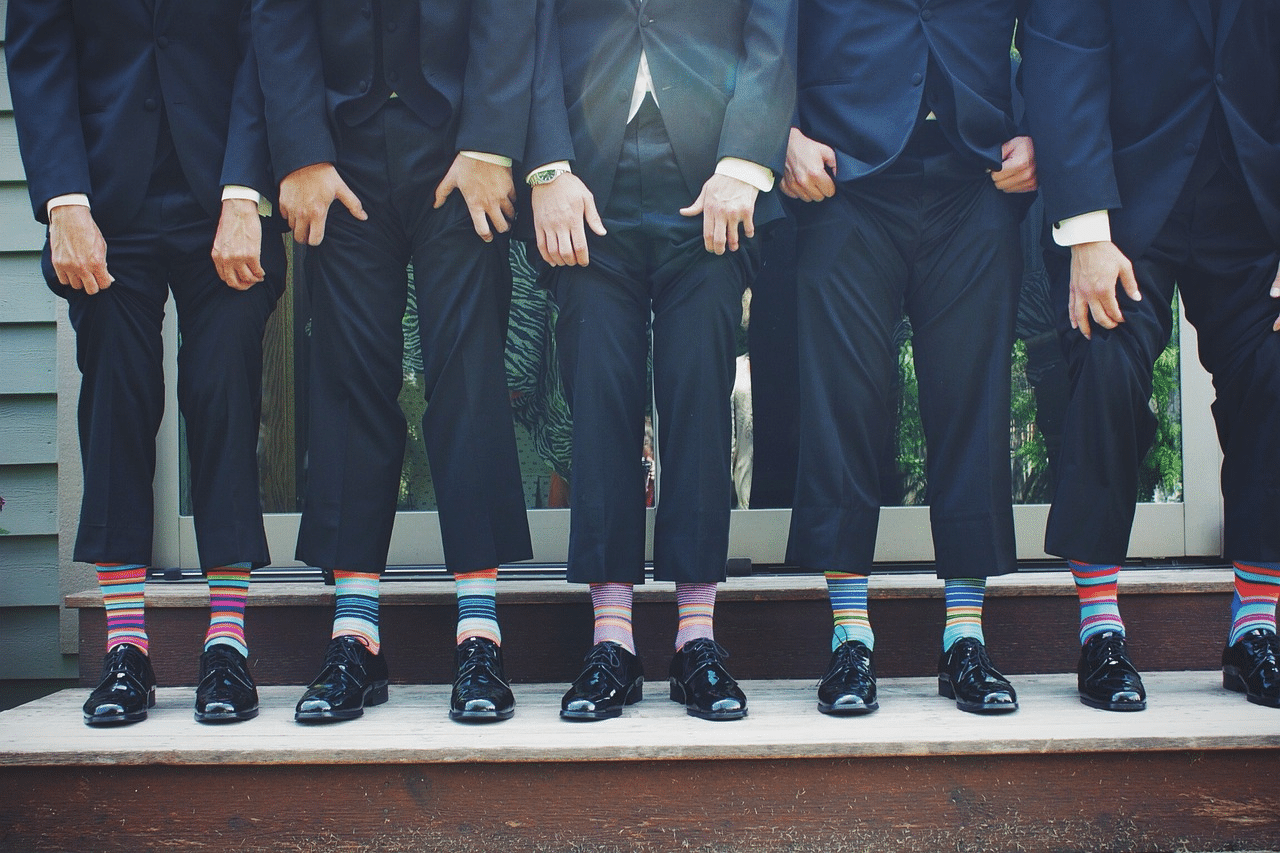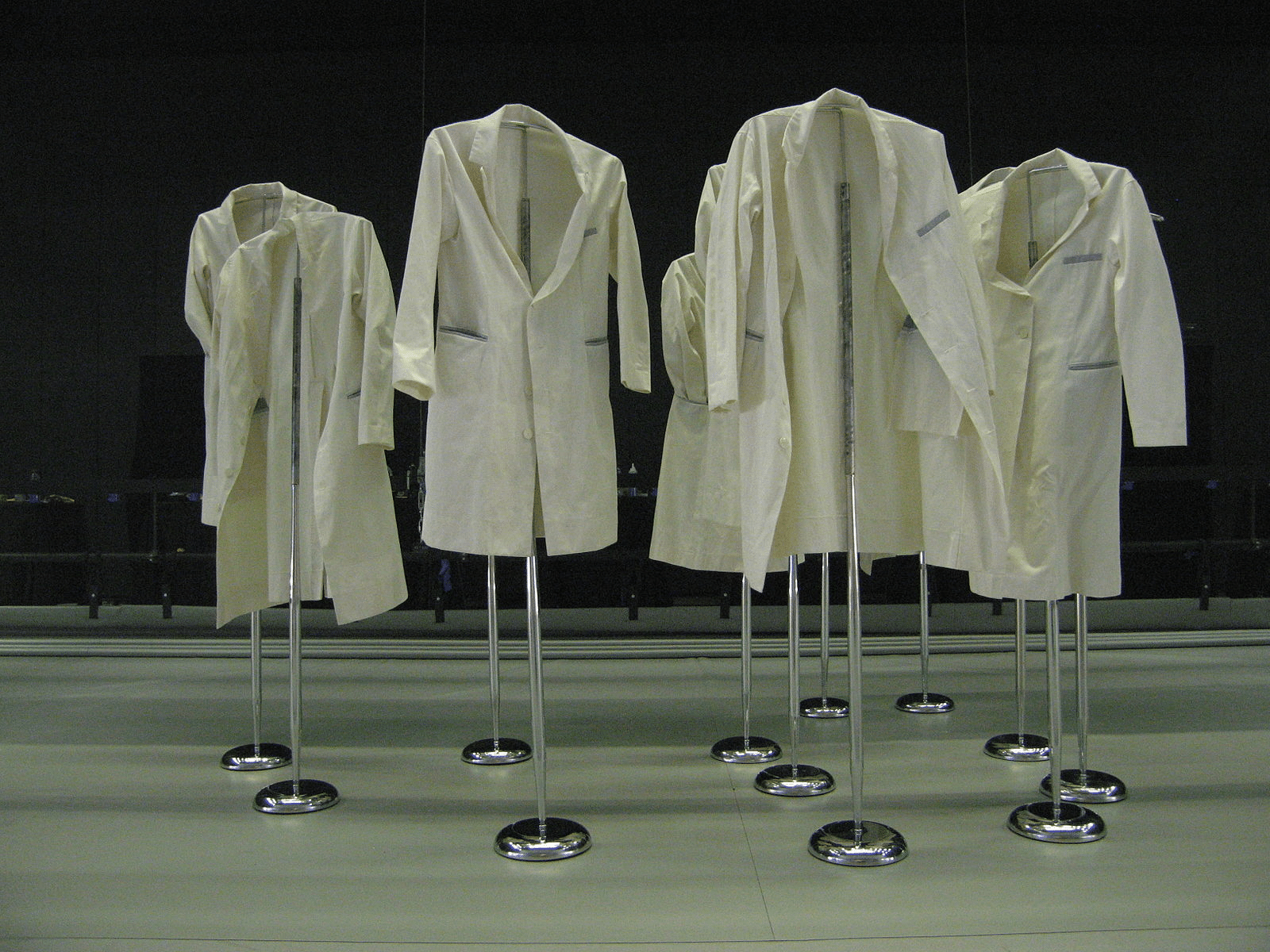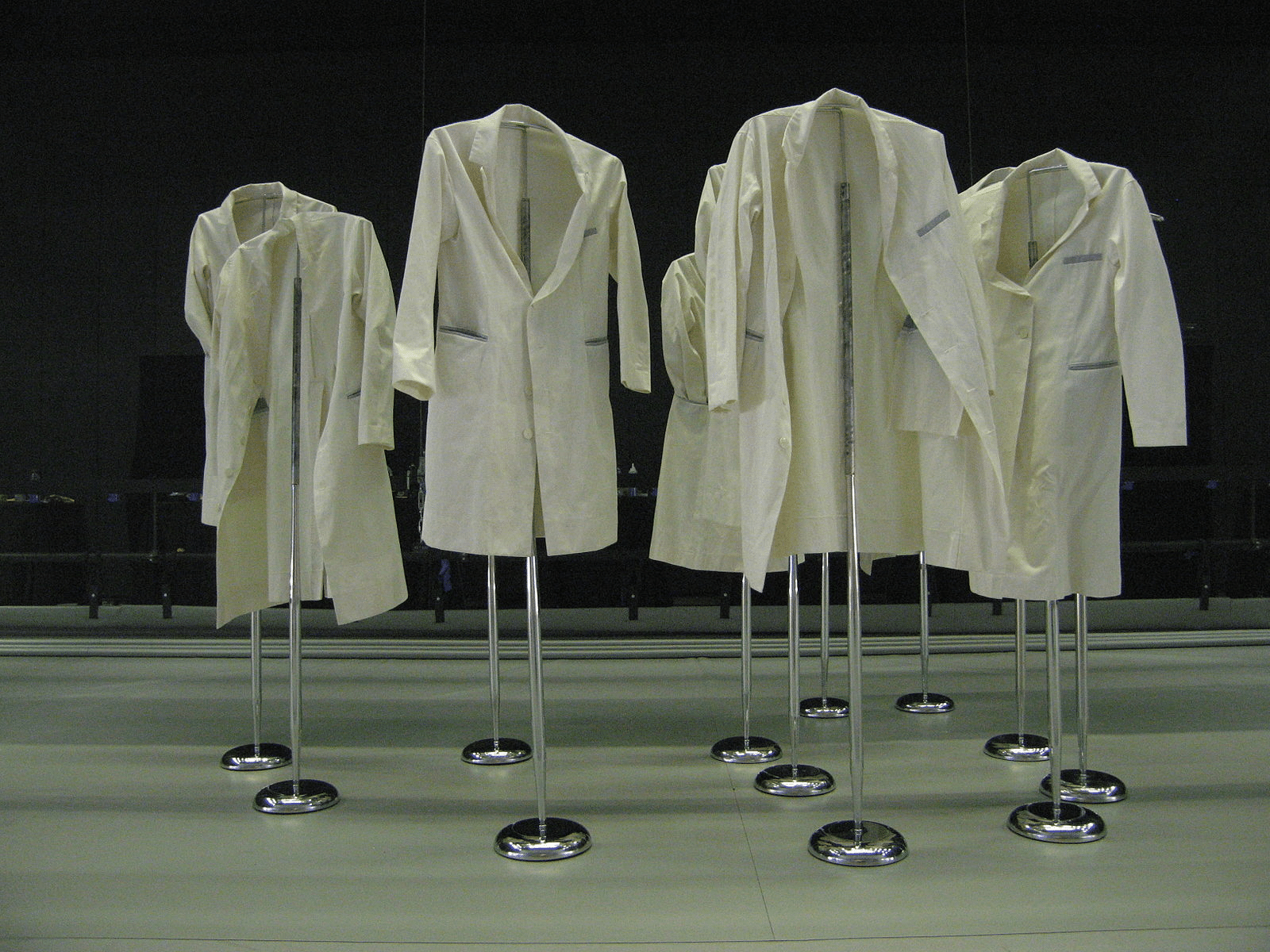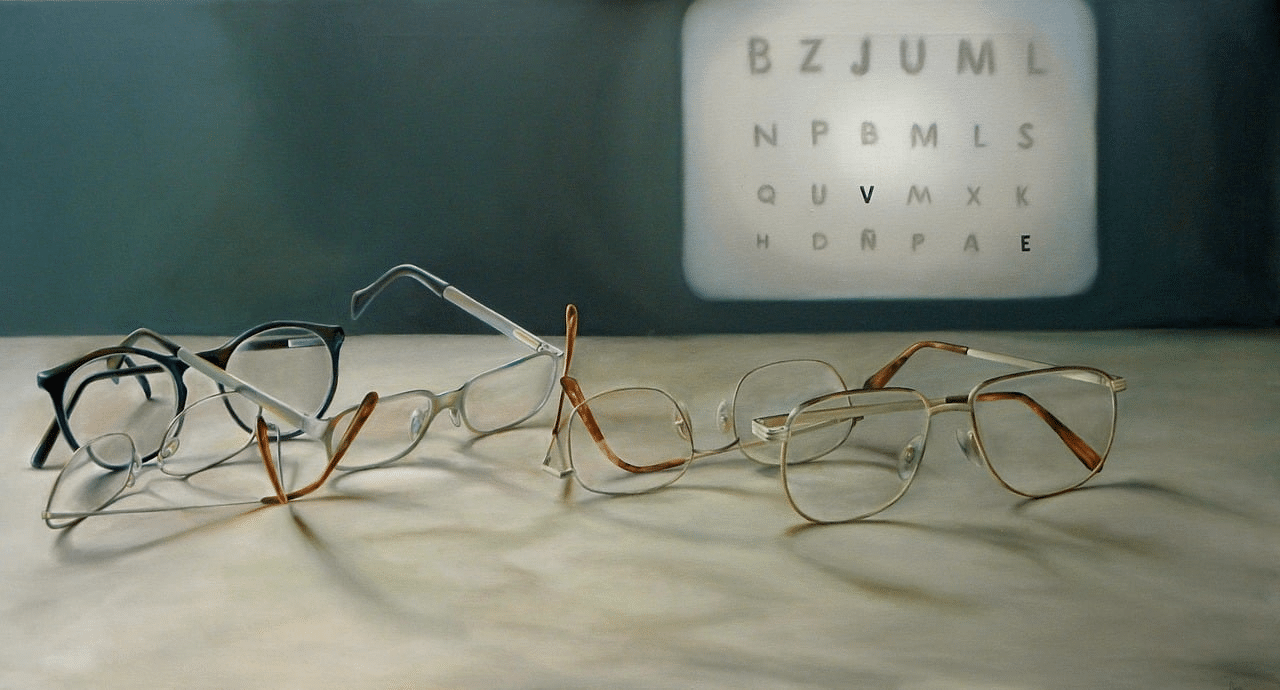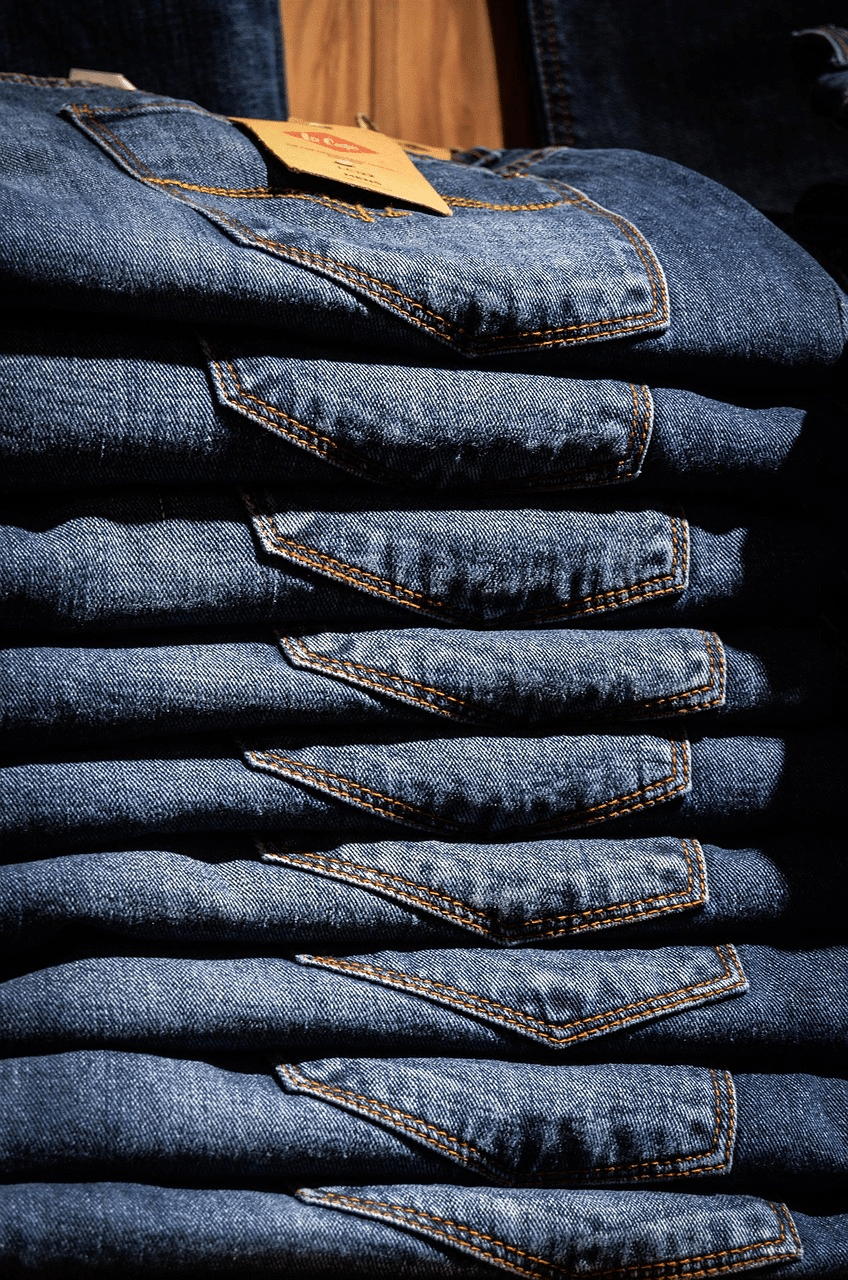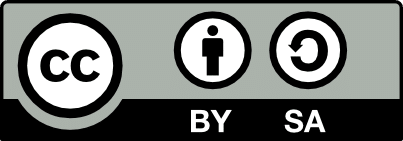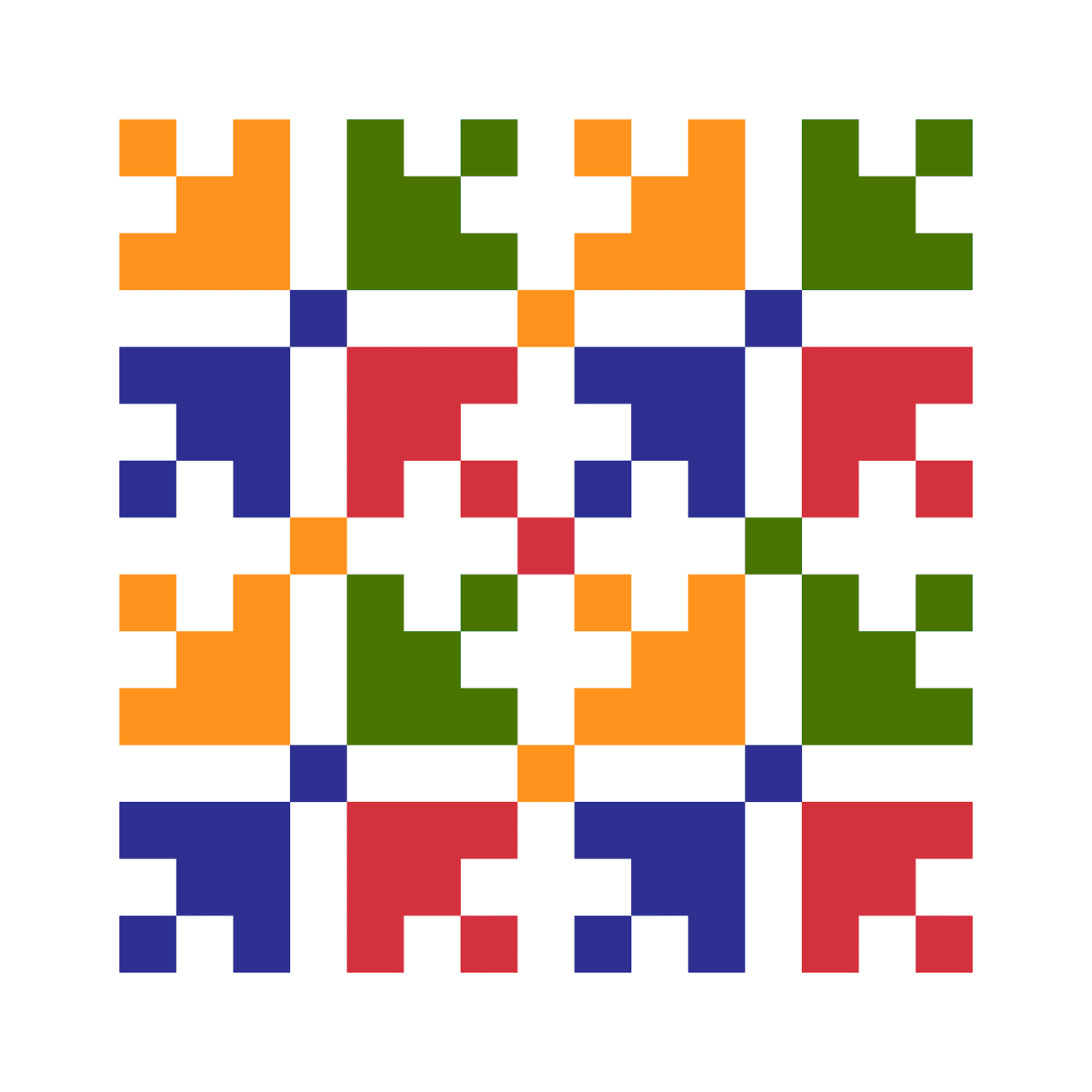C6 M4 L2 Grammar
6 | Modul 4: Gramatika
Odijelo ne čini čovjeka
6 | 4 | Lekcija 2: Peglam karticu
| Comparative in Croatian
There are three degrees of comparison in BCS, just as in English: positive, comparative and superlative.
At this point we will only touch upon the comparative, and we will not discuss it in great detail. More about the comparative degree in the following modules. For now we will only talk about two adjectives that appeared in this lesson and their comparative form. Have in mind, there is a specific form for each gender, as in the table below:
adjective | singular | plural | |||||
dobar ‘good’ | m | f | n | m | f | n | |
bolji | bolja | bolje | bolji | bolje | bolja | ||
lijep ‘nice’ | ljepši | ljepša | ljepše | ljepši | ljepša | lijepša | |
Note about LIJEP
There is a difference in spelling. In Croatian the comparative for 'nicer/more beautiful’ is spelled as “ljep” (the original -ije in LIJEP goes to -je: LJEPŠI).
| Comparing two things
When comparing two things, we can express the comparison by forming it in the following way:
KOMPARATIV adjective NEGO NOMINATIV noun
Ja sam bolji nego ti. (I am better than you) | |
Crvena jakna je ljepša nego crna. (The red jacket is nicer than the black one) |
| Reflexive Pronouns SEBE/SE
As most pronouns in Croatian, the reflexive pronoun has two forms: stressed (sebe) and unstressed forms (se). This pronoun does not have a Nominative case form. Thus, it is always used in one of the remaining Croatian cases. Roughly, the meaning of the pronoun can be translated as “oneself.”
Examples
In this module you encountered sentences like: Što ćeš kupiti? – Sebi ću kupiti suvenir. In the second sentence sebe is used in the Dative case to indicate that someone will buy something for themselves. Note that both forms (stressed and unstressed) can be used:
Sebi ću kupiti suvenir. | |
Kupit ću si suvenir. |
As you have already learned, the usage of stressed or unstressed forms depends on the word order. You cannot start the sentence with an unstressed form. In other words, you cannot say: *Si kupit ću suvernir.
6.4 Zadatak 2. Kome će kupiti poklon?
Listen to the following sentences and decide for whom Laura will buy the gifts.
6.4 Zadatak 3. Što je ljepše?
Listen to the sentences and mark what is nicer according to what the person who speaks says.
6.4 Zadatak 4. Što ti se više sviđa?
Read the sentences and decide which comparative form fits grammatically in order to complete the sentences.
6.4 Zadatak 5. Odjevni predmeti
Read the end of the sentences and decide which clothing item grammatically fits in order to complete the sentences.
Images used in this document are from these sources.
